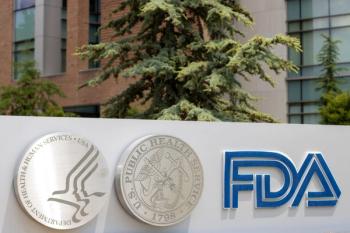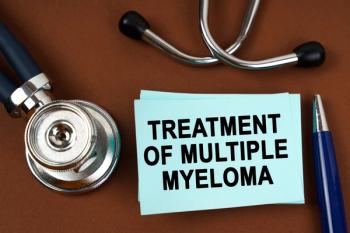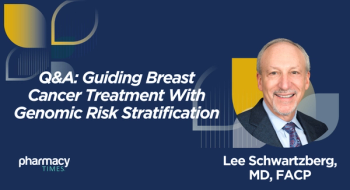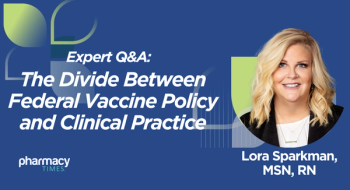
Drug Shortages the Worst in 30 Years, ISMP Reports
A new report by the Institute of Safe Medication Practices highlights the increasing severity and frequency of drug shortages, which pose a significant threat to patient safety.
Health care providers are more concerned than ever about drug shortages, according to a recent report by the Institute for Safe Medication Practices (ISMP). Based on a series of reports submitted to the institute by pharmacists, physicians, and nurses, the shortages are significantly impacting the quality of patient care.
Speaking to a reporter from the Wall Street Journal’s Health Blog, Michael Cohen, RPh, MS, ScD, president of ISMP, recently said many providers have told him drug shortages are the worst they have witnessed in the past 30 years. Shortages of emergency drugs, analgesics, and anesthetics are most common, according to the ISMP report, which was published in the July 29, 2010, issue of Medication Safety Alert! Acute Care Edition.
Beyond their capacity to disrupt routine prescribing and distribution practices in pharmacies, physician’s offices, and operating rooms, the shortages pose a significant threat to patient health, increasing the possibility of error. In a guest blog for the Philadelphia Inquirer, Cohen cited an incident in which the recent shortage of predosed epinephrine syringes resulted in the death of a teenage boy. Similar cases have occurred throughout the United States, as health care providers are forced to deal with unfamiliar dosage forms, dosage strengths, or even substitutes for common lifesaving medications.
Also fueling frustration is the failure of drug manufacturers to thoroughly describe and communicate the cause and expected duration of drug shortages to health care professionals. To address the growing problem, ISMP will coordinate with the American Society of Health-System Pharmacists (ASHP) to hold a meeting involving representatives from the FDA, drug manufacturers, health care practitioners, and other stakeholders.
“The urgency of this situation suggests that the current ‘business as usual’ approach is woefully inadequate in every respect,” wrote an ISMP representative. “This issue requires a disaster-type response.”
In conjunction with ASHP and the University of Utah Drug Information Service, ISMP is also conducting a survey on drug shortages, available
For more on medication safety, visit the Pharmacy Times medication safety
For other articles in this issue, see:
- FDA Finalizes Guidance for OTC Label Comprehension Studies
- As Flu Season Approaches, Vaccines Ship to Distributors
- Senate Measure Recognizes Value of Convenient Care
Newsletter
Stay informed on drug updates, treatment guidelines, and pharmacy practice trends—subscribe to Pharmacy Times for weekly clinical insights.








































